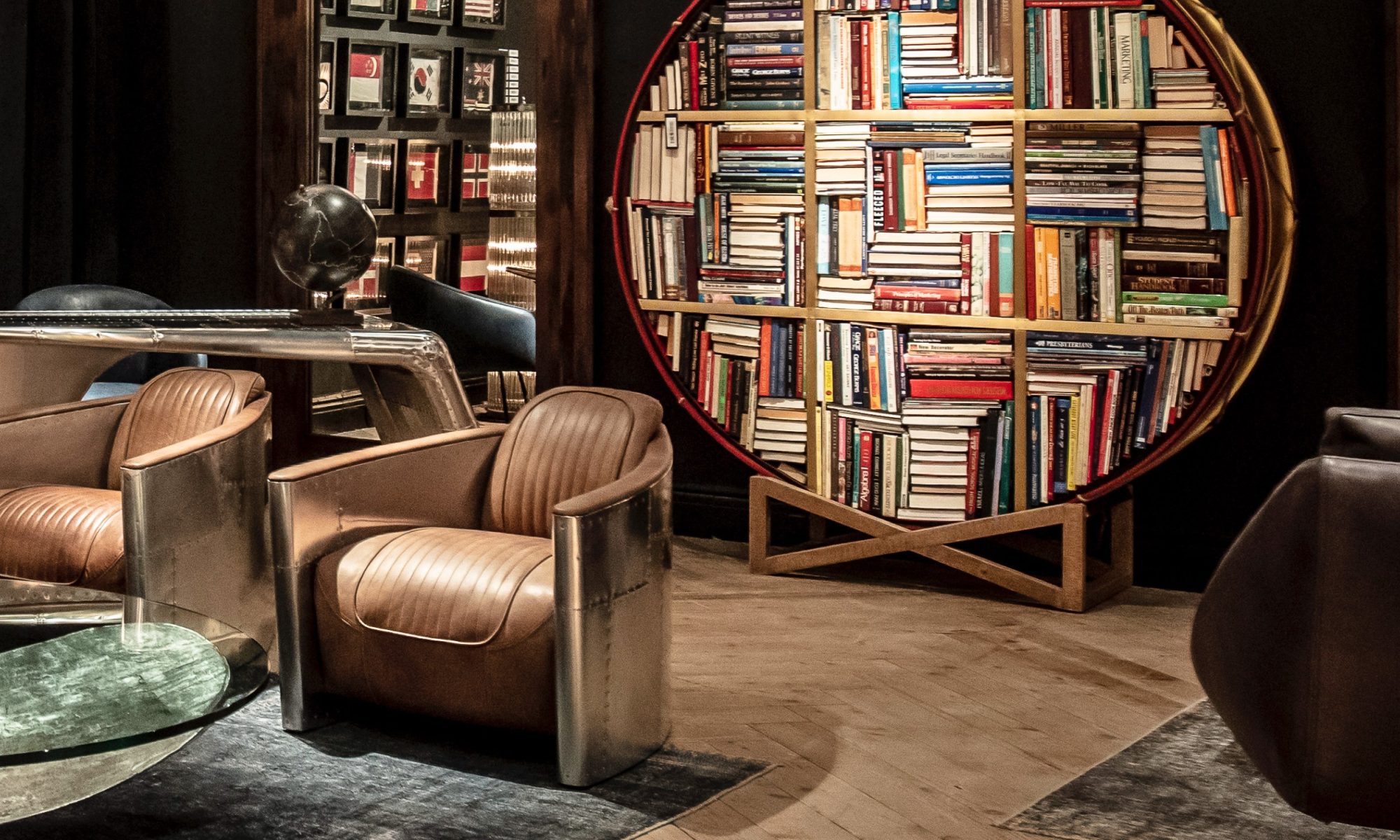So the other day I was digging through old papers and found this antiquated gem–it’s basically the opener to an essay I submitted that eventually got me the grant to gain my archives certificate while I was studying Library Science at Pratt Institute, back in 2006. Sadly, my archives certificate is gathering dust, as my career has moved onto more acquisitions-based duties. However, I can say without a doubt that the skills I’ve gained with archival practice have stayed with me, especially through my ongoing collecting of heavy metal music ephemera. Upon re-reading this section of my essay, I got nostalgic and a bit weepy if I really admit, that yes, this was a great reminder of why I wanted to study archives and be a librarian.
During my undergraduate years, I was a double major in Art (Drawing & Painting) and Art History (Medieval Art & Architecture). Being an art student gave me an easy way to transition into librarianship. I was in the slide library at my school on most days researching for art assignments anyway! And, I recall becoming heavily-influenced with visual resources and their influence on poets, writers, musicians and painters. The strong impact of an image on the brain was something I could never ignore. The visual image, as created by an artist, arises as part expression, part dreams realized. It’s probably why I didn’t hesitate to use John Constantine in my opening quote below. There’s something beyond our comprehension in art that sparks the wonder that amazes the human brain. Finding and preserving that experience is part of what motivates me in my daily work.
So read on below and hopefully enjoy one of my earliest essays that steered me towards my first passion of librarianship.
“One thing I’ve learned. You can know anything. It’s all there. You just have to find it.”
John Constantine, in SANDMAN #3: “Dream a Little Dream of MeFrom the beginning, my thoughts on archival study and librarianship were tied with the needs of both knowing and preserving. As a child, I had been enamored of the adventures and mysteries of history. Learning to unlock secrets of the past, the feel of something old, traveling through places I could never go, somehow traveling through time and correlating experiences with the past had all been wonders to me. Now, as an adult, I find myself pursuing an extension of that youthful bewilderment and want. I have come to believe Constantine’s quote of being able to know anything because the answers to the glamours of history are all somewhere out there, waiting to be found. The unwrapping of the past and the thrill of discovery have been strong attractions to my curious mind. I found that in my first two semesters in the SILS program at Pratt, I have been able to learn the new and various ways in which to access this knowledge, these secrets. With formal education came a need to further my opportunities with exposure to great minds. I wanted to learn more and to know that that information would last through the future, that there was not a time limit on intellectual value.
To me, nothing could have grounded this need for exploring and preserving more than the passing of my mother last summer. Previously, it had not truly struck me just how much I would come to treasure not only the memories of our life together, but also the physical remnants of everything that I had shared with her. Unfortunately, there is very little of the physical left to remind me of her greatness, perhaps a necklace or other such jewelry, some photos, and myself – the most physical thing I have remaining to remember her by.
Instead of allowing the sense of loss to sadden me, I found a way to foster this need to remember and preserve. I found the key through educating myself and others. It wasn’t long after my enrollment at Pratt Institute that I came to understand the truth of my goal of gaining a Master’s degree. I wanted, and still want, to preserve information and help to disseminate its distilled knowledge to others. It has become a desire to both educate and inform the community of the importance of knowledge and its preservation.
I’ve found that almost all people innately collect. But why? Is it an effort to remember; to retell or to learn? What becomes so special about preserving the past? The value is subjective. It lies in the experience and knowledge gained through the act of preservation. By preserving and caring about our past, we gain insights into how to care for our future. We learn to be advocates of enduring values, both physical and intellectual. It is my hope that, by the end of this program, I will have the skills necessary to aid in the preservation of history, and show people that they can know anything, that they just need to search hard enough and experience the joy of discovery.
Needless to say, I became a recipient of the Archives Certificate program grant at Pratt and had the wonderful opportunity of working with the Othmer Library’s archival materials (see pictures above) housed within the Brooklyn Historical Society building in Brooklyn Heights. It was really an influential time in my budding career and I wouldn’t trade that experience for anything.
And for those interested, here’s the link to the finding aid I helped revised during my work at The Brooklyn Historical Society:




